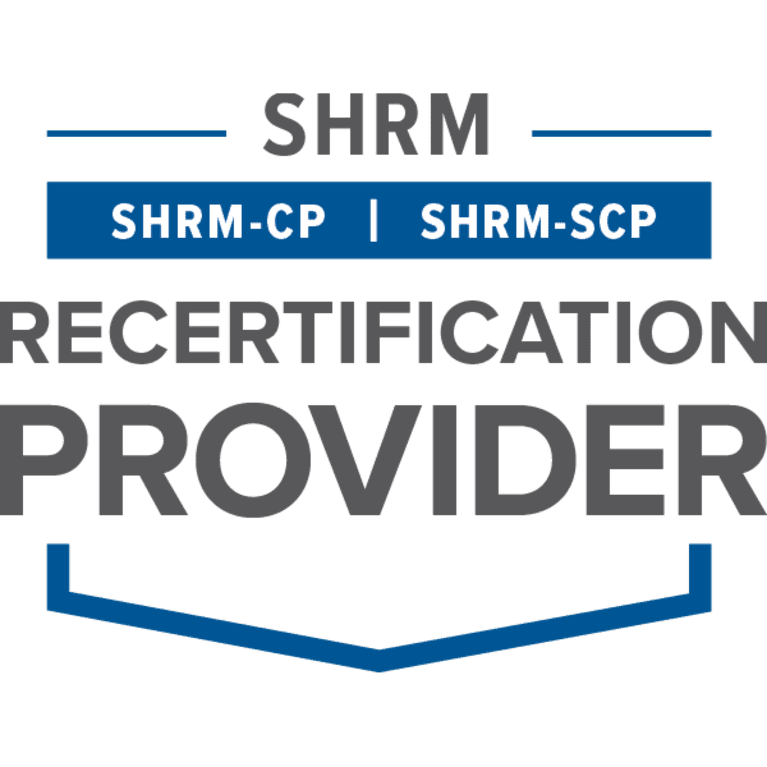Each year on October 16th, the corporate world celebrates Boss’s Day. The day can be met with some trepidation – for employees, it brings some anxiety about how to properly recognize their boss. For those who hold the position of “boss,” it can bring some anxiety about how their employees feel about them, or even some embarrassment about the day in general.
So, what exactly is a boss? What does it mean in today’s context to be considered a boss?
If you follow social media in the current environment, you will see a bit of negativity towards bosses. It’s perplexing and a little bit sad to me, since I’ve been blessed in my career with the best of the best bosses (and I’m not just saying that because they might be reading this.) The difference is my bosses have been leaders – not just managers.
In the traditional sense, a boss is a manager. Managers are responsible for planning, organizing, leading, and controlling an organization’s resources to achieve a goal. Those resources might be supplies or schedules… or they might be people.
There is evidence to show that leaders are more effective than traditional managers. We’ve all been through the college courses and corporate training classes that outline different management and leadership styles, so we know people naturally fall into different styles. But the secret sauce is where a manager can find a way to lead their people in a way that helps achieve the goals they’ve been assigned.
I say this all the time to the managers in my own organization: you can be a manager, or you can be a leader. Anyone can be a manager, but it takes special skills to be a leader. Here are some key differences between managers and leaders – more by style than by title:
Managers control. They establish and enforce rules and expectations. Managers are responsible for managing a business line or a process. They push a team toward a goal or set of goals, but not necessarily with full buy-in of that team. In this context, managers sound inherently bad. Scary, even.
Leaders coach. They inspire. They collaborate. They influence. Leaders create change through planning, vision, and strategy. They get to know their employees and then they empower them to do their best in pursuit of company goals. The reason my bosses have been the best of the best is because they have a few things in common:
- They saw something in me that I didn’t see in myself.
- They pushed me out of my comfort zone.
- They encouraged me to reach for more and to take risks.
- They supported me when I failed, never blaming, and always willing to work with me toward a solution.
- They made me part of the process.
- They were people I could trust.
To transition from manager to leader, it’s important to communicate effectively with your team.
- Learn about them; What are their strengths? What do they enjoy doing most in their role, and what tasks drain them?
- Communicate the good and bad, respectfully, tactfully, but directly.
- Empower them to come up with their own solutions.
- Provide inspiration & guidance; help them to understand the common goal and how they fit into the mission and vision of the organization.
- Encourage employees to stretch themselves and reach for their goals. Help them see their own potential.
- Build trust & lead by example.
- Be a collaborative leader. When mistakes are made, leaders ask “how can we fix this” or “how can we do better next time.”
- Holding someone accountable is different from placing blame. You can still hold someone accountable without pointing a finger and making them feel worse for the mistake.
When I am talking with managers at work, it often strikes me that they don’t necessarily consider leadership a part of their job. In other words, it’s HR’s job. Their job is to manage production, to manage goals, to manage the customer experience, but for the people issues, they know they can call me. I often hear, “I don’t know how you do this job,” or “I could never do HR!” spoken to me by managers while I am coaching them through a leadership situation. It’s surprising for them sometimes when I remind them it is their job, or at least part of their job. If you ask me, leading people is an enormous part of a management job – so, it pays to practice the leadership skills necessary to do it well.
Cheers to all the bosses in the world today – and remember that figuring out how to lead versus manage is not only important to your team’s success – it’s VITAL. To all MY bosses, past and present, thank you for showing me how to do it well.

About the Author
Jenny Hipple, SHRM-CP, PHR
Director of Communications, HR Virginia






